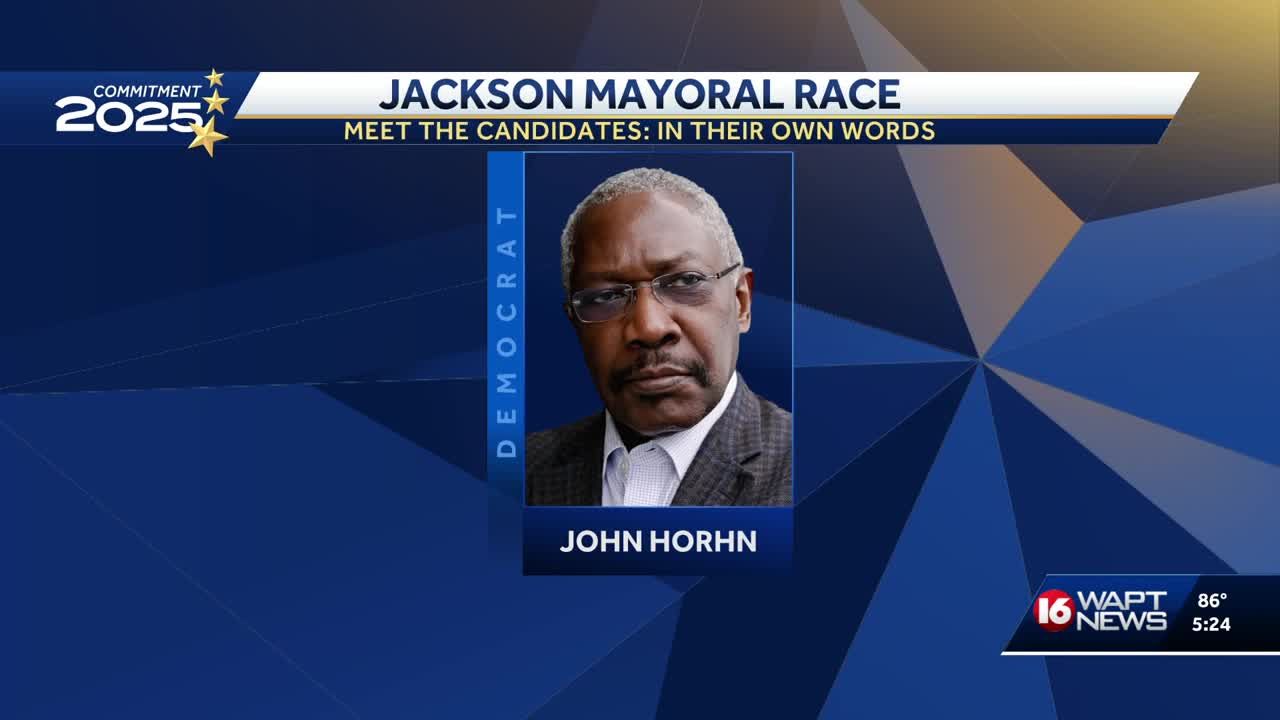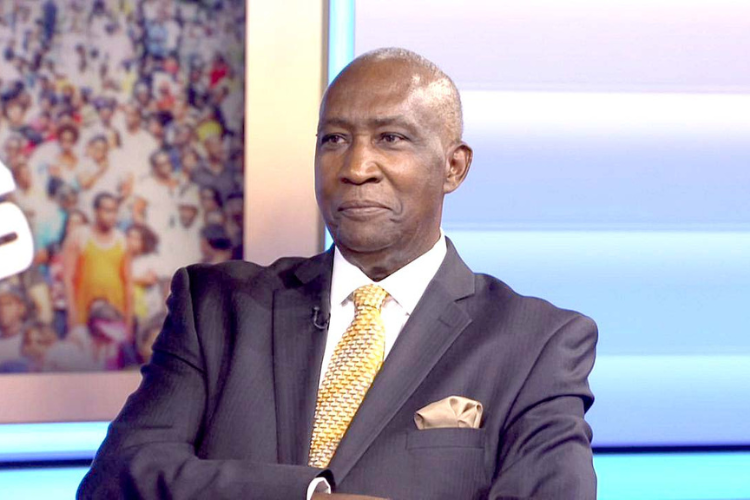- BlackVoter.Org
- Posts
- BlackVoter.Org
BlackVoter.Org


Harvard University will finally hand over historic daguerreotypes of enslaved ancestors Renty Taylor and his daughter Delia to a South Carolina museum, marking the end of a lengthy legal battle. Tamara Lanier, Taylor's great-great-great-granddaughter, initiated the fight in 2019 to recover these powerful images captured in 1850, which Harvard had long displayed without permission.
Although a 2022 court ruling stated Lanier couldn't claim ownership, it sparked crucial conversations about the emotional toll of such representations. The images, commissioned by a Harvard professor to reinforce racist ideologies, will now be part of the International African American Museum, dedicated to unveiling the true narratives of African American history.
Lanier described this settlement as a collective triumph for descendants of enslaved individuals and expressed gratitude for her family’s tenacity in preserving their legacy. With this transfer, Harvard aims to acknowledge its historical ties to slavery and ensure these poignant stories are shared widely.
/

The Jackson mayoral race is heating up, with State Sen. John Horhn and independent Rodney DePriest vying for the top spot in a historic election.
Following a lively political forum, voters are eager to support candidates they believe will best serve the city. While Horhn is seen as the frontrunner, given Jackson's predominantly African American population and traditional Democratic leanings, unexpected shifts in voter support could complicate his path to victory.
DePriest has been proactive in building strong connections within the Black community, asserting that his campaign efforts stemmed from grassroots support. With the potential to elect Jackson’s first white mayor in almost 40 years, the election promises to be a pivotal moment in the city’s history.
As election day approaches, enthusiasm is palpable, with absentee ballots already rolling in.

In a heartfelt tribute, the Honorable Congressman Charles B. Rangel, affectionately known as the “Lion of Lenox Avenue,” was honored following his passing on Memorial Day, May 25th.
A decorated Army veteran celebrated for his bravery during the Korean War, Rangel devoted his life to serving and uplifting communities, leaving an indelible mark not only in Washington, D.C.
but also across the globe—from South Africa to Latin America. His impactful legacy resonates deeply in Harlem, where his passionate advocacy continues to inspire.
To celebrate his remarkable contributions, a special tribute will take place during HARLEM WEEK on August 17th, organized by the Greater Harlem Chamber of Commerce and Carib News, honoring “Our Congressman.” Rangel’s spirit of empowerment and service will forever echo in the hearts of those he touched.

A new study reveals intriguing reasons behind the growing support for Donald Trump among minority voters, challenging conventional political assumptions. Traditionally, strong leadership preferences have been aligned with the political right, but this research indicates that ethnic minorities, regardless of political affiliation, favor authoritative figures, more than their left-leaning White counterparts.
Researchers found that lower levels of generalized trust in others among these groups correlate with a preference for strong, rule-breaking leaders, as they often face social and economic disadvantages. The study analyzed over 34,000 individuals across the U.
S. and Europe, uncovering that minority support for strong leadership surpasses that of White Democrats and suggesting a unique dynamic in political preferences.
This shift underlines a complex landscape in political psychology, highlighting the influence of trust, ethnicity, and social context on leadership choices. As the political climate evolves, understanding these nuances becomes vital.

Experts are calling for the abolition of the RICO Act, a law originally aimed at dismantling organized crime, which has instead led to disproportionate prosecutorial impact on minority groups, primarily African Americans. Critiques highlight how the law's broad scope can lead to harsh sentences and intimidate defendants into guilty pleas, with over 90% of federal cases resulting in such outcomes.
Attorneys point out that RICO has been weaponized for political agendas, easily manipulated by lawmakers under public pressure, resulting in selective enforcement based on race and socio-economic status. Critics argue that this bludgeoning tool of law has strayed from its original purpose and now serves to target individuals, often for political gain.
The conversation continues as legal experts and advocates push for reforms to address these deeply rooted injustices in the criminal justice system, advocating for a more equitable approach to law enforcement.

In the wake of Trump’s presidency, a troubling surge of hate and extremism has gripped the nation, as revealed by the Southern Poverty Law Center’s 2024 Year in Hate & Extremism report. With 1,371 hate and antigovernment groups mobilizing politically, they’re threatening marginalized communities through tactics of disinformation and intimidation.
Local policy changes and violent threats—including bomb threats at polling locations in Georgia—underscore the chaos. Hard-right factions particularly targeted diversity, equity, and inclusion initiatives, framing them as existential threats.
Meanwhile, platforms like Telegram have become breeding grounds for extremist ideologies, enabling dangerous groups to thrive. Notably, militiamen are lobbying for political recognition, and the manosphere is radicalizing young men.
Despite rising tensions, advocates are determined to expose these groups and fortify democracy, urging communities to resist this undercurrent of violence and hate. The call to action is clear: stand together and reclaim the narrative for a more inclusive America.

Despite their embrace of social conservatism, Black Christians remain steadfast in their support for the Democratic Party, according to recent data analyzed by researcher Ryan Burge. The findings reveal that while Black Christians share some conservative theological values—such as opposition to abortion and support for parental rights in schools—they continue to overwhelmingly vote Democrat.
In the last three presidential elections, 87-89% of Black Protestants backed Democratic candidates, contrasting sharply with the increasing support for Trump among Black Catholics and other demographics.
Burge points out that the cultural norms of the average Democrat diverge significantly from those of Black Christians, potentially explaining why some Black voters are beginning to shift their allegiances.
The article highlights how the church not only serves as a spiritual haven but also as a pivotal hub for social and political life within the African American community, maintaining a complex relationship with political identity.